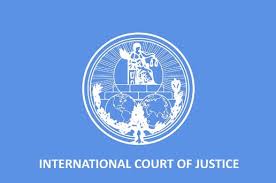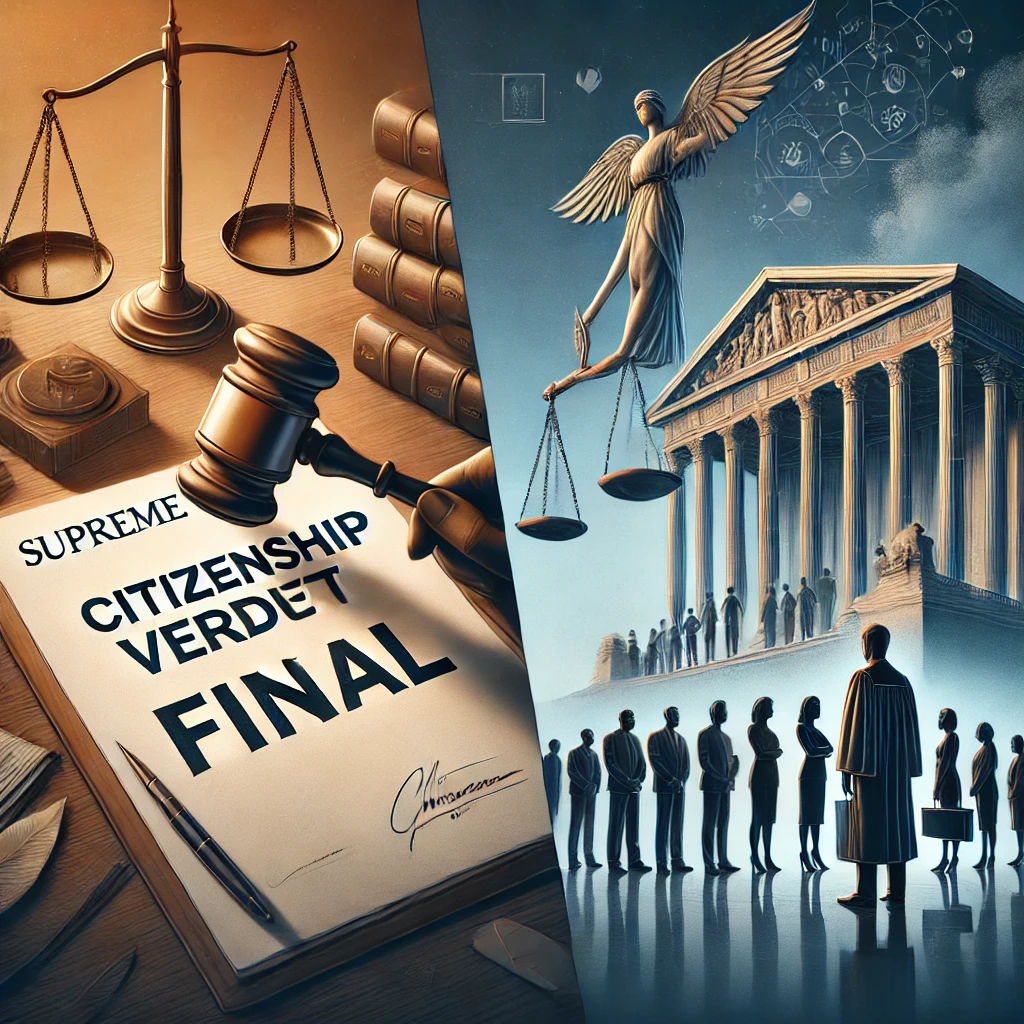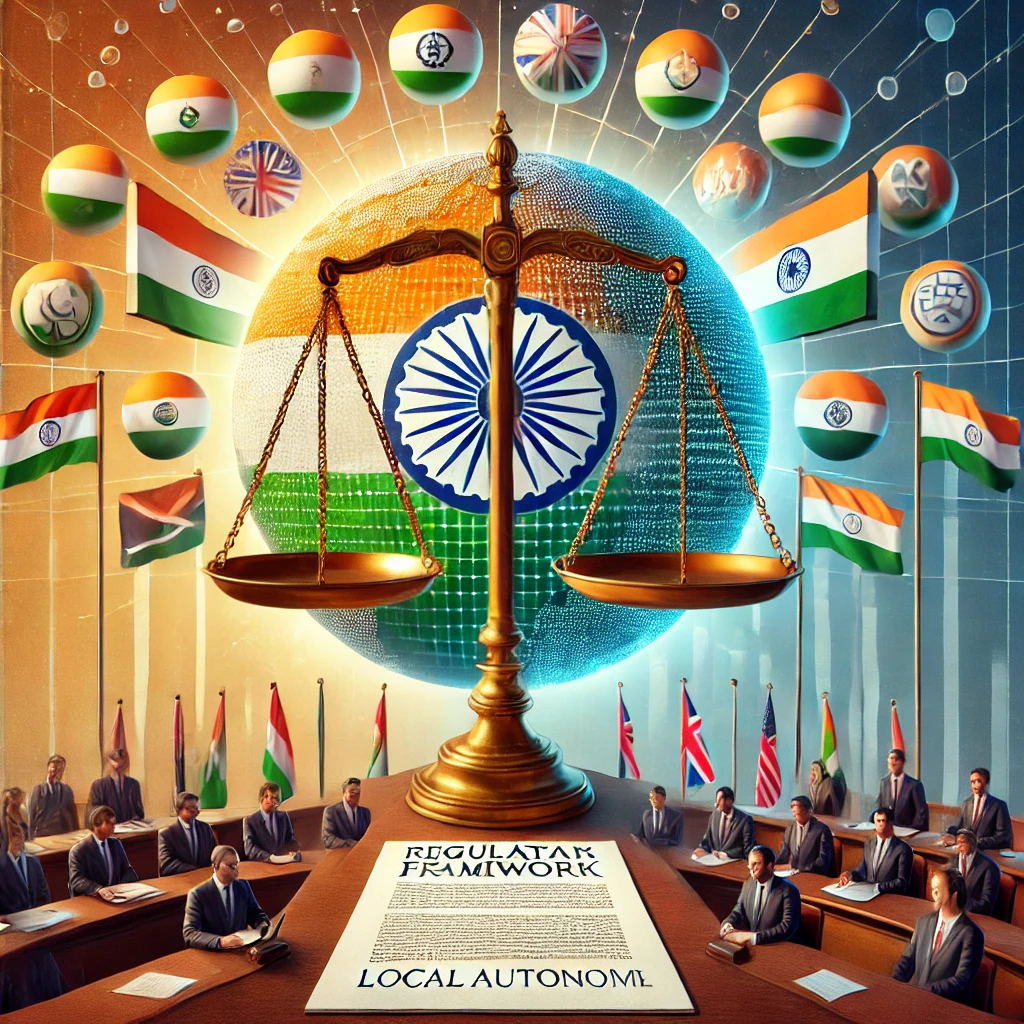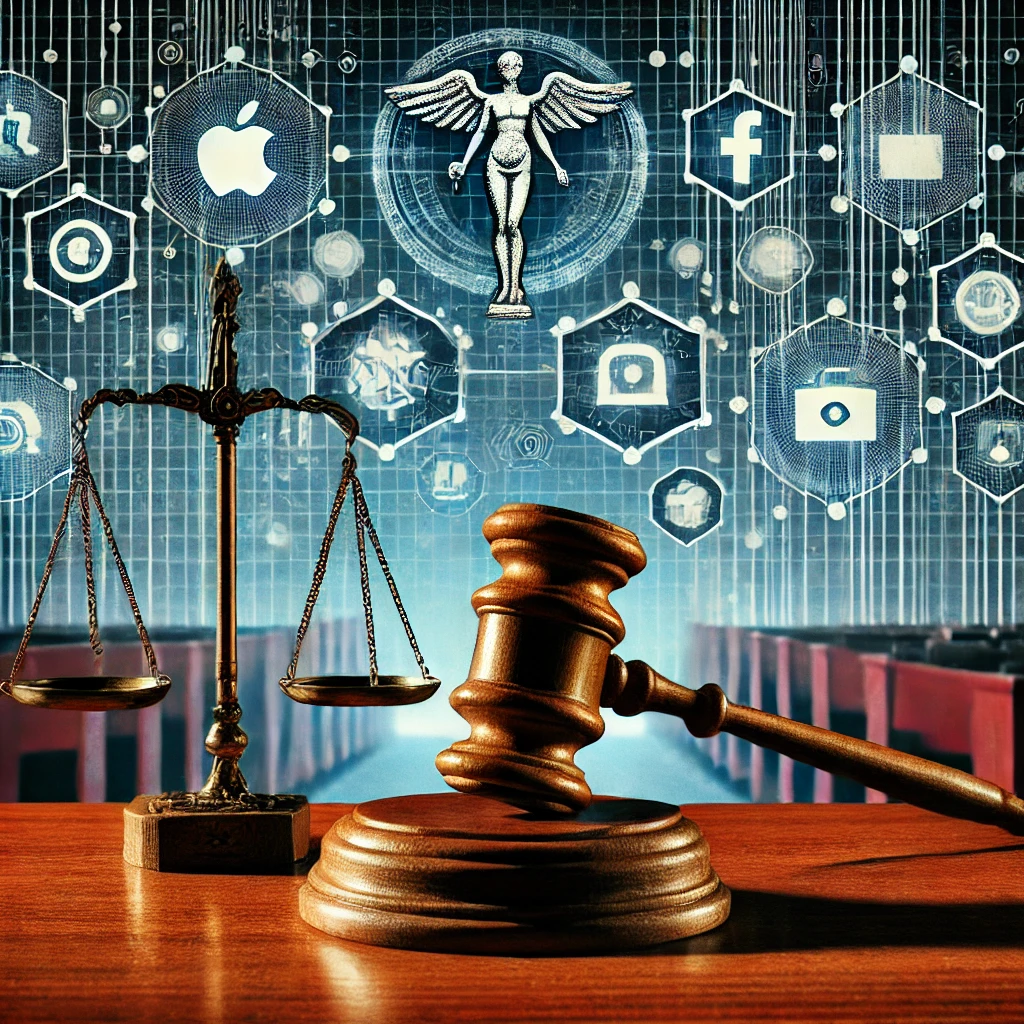International Court of Justice : A Protector of Developing Nations
📘 International Court of Justice: A Protector of Developing Nations
What is the International Court of Justice (ICJ)?
The ICJ is the principal judicial organ of the United Nations.
Established in 1945 by the UN Charter.
Located in The Hague, Netherlands.
Settles legal disputes between states and gives advisory opinions on international legal questions.
Role of the ICJ in Protecting Developing Nations
1. Equal Access to Justice
The ICJ provides a platform where all UN member states—including developing nations—can seek legal resolution of disputes on an equal footing with powerful developed countries.
No distinction is made based on economic or political status.
2. Peaceful Settlement of Disputes
The ICJ helps prevent conflicts by providing a peaceful and legal means for resolving disputes.
Developing countries often face territorial, maritime, or resource disputes with stronger states.
ICJ rulings can protect their sovereignty and territorial integrity.
3. Interpretation and Enforcement of International Law
The Court upholds international law, including treaties and principles that protect developing countries’ rights, such as:
Sovereignty over natural resources.
Rights under the UN Charter.
Law of the Sea rights.
4. Advisory Opinions for Guidance
The ICJ issues advisory opinions to UN bodies and specialized agencies.
Developing nations can rely on these opinions to clarify legal questions affecting their development, sovereignty, and rights.
Landmark Cases Favoring Developing Nations
1. North Sea Continental Shelf Cases (1969)
The ICJ clarified equitable principles for maritime boundaries.
Helped developing coastal states claim fair shares of continental shelf resources.
2. Nicaragua v. United States (1986)
The ICJ ruled against US intervention in Nicaragua.
Asserted principles of sovereignty and non-intervention, crucial for protecting developing nations from powerful states' interference.
3. Kasikili/Sedudu Island Case (Botswana v. Namibia, 1999)
Peacefully resolved a border dispute in Africa.
Reinforced respect for territorial integrity.
Challenges and Criticism
Some developing nations feel ICJ is influenced by politics and power dynamics.
Enforcement of ICJ decisions depends on state cooperation, which can be problematic when powerful states ignore rulings.
Why ICJ Matters for Developing Nations Today?
Developing countries increasingly use the ICJ to assert rights over:
Territorial waters and exclusive economic zones.
Sovereignty disputes.
Treaty interpretations.
The ICJ promotes the rule of law over power politics, which benefits weaker states.
Summary Table
| Aspect | How ICJ Protects Developing Nations |
|---|---|
| Equal Access | Provides impartial judicial forum for all states |
| Peaceful Dispute Resolution | Prevents escalation of conflicts |
| Upholding Sovereignty | Enforces international law safeguarding territorial rights |
| Advisory Opinions | Offers legal clarity on complex international issues |
| Landmark Judgments | Sets precedents favoring fair treatment and rights |












comments